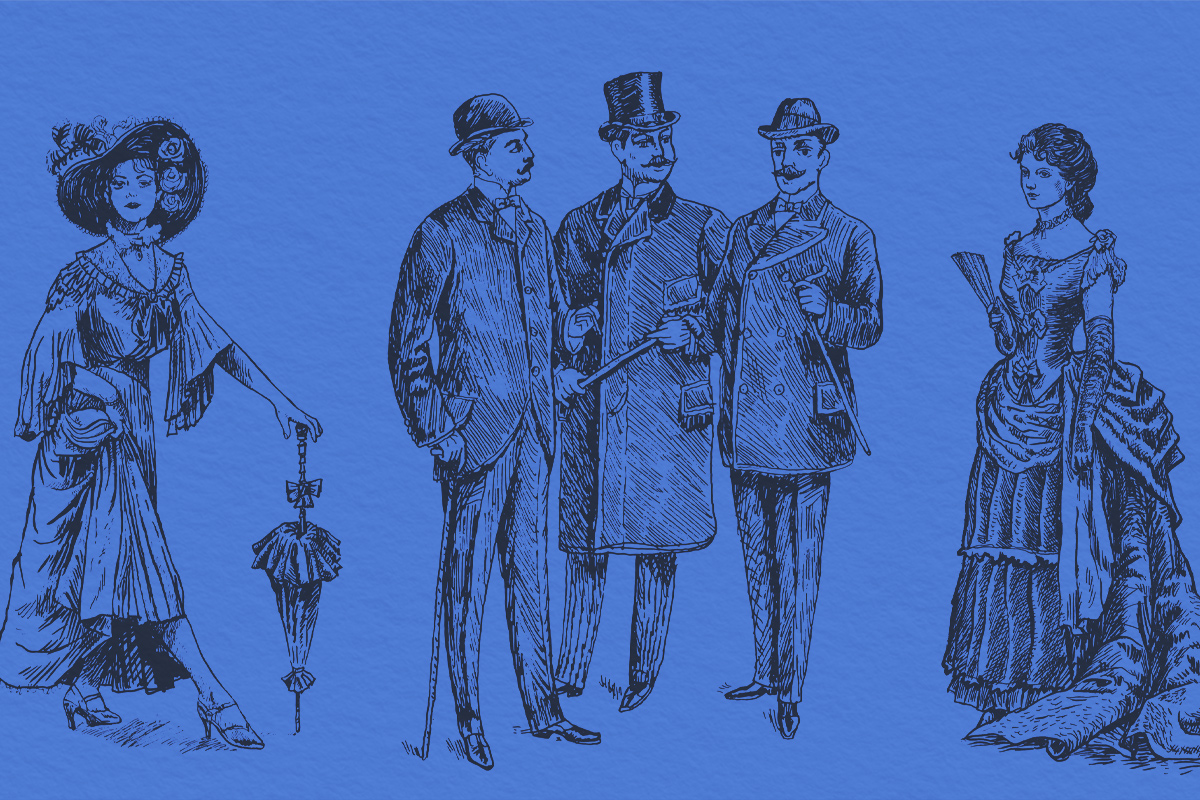
We know English is a melting pot of other languages, but the fingerprints of those different languages are more obvious in some words than in others. It’s easy to see, for example, how the French chaise longue became the English “chaise lounge,” but would you have recognized the Spanish cucaracho in “cockroach” or the Hindi champo in the English “shampoo”?
These are all examples of Hobson-Jobson words, which are defined by Merriam-Webster as an “assimilation of the sounds of a word or words foreign to a language into the sounds of a word or words coined or already existent in the language (as Spanish cucaracha has become English ‘cockroach’ or as English ‘riding coat’ has become French redingote).” When English speakers encounter a useful word in another language, that word is modified to be more like English. For example, we lounge in chaise lounges, even though the French merely references a long chair. The process works in reverse, too; Hobson-Jobson words can be created in another language from an English term.
The term “Hobson-Jobson,” itself a Hobson-Jobson, derives from a Victorian-era Anglo-Indian glossary with that title. It cataloged words from the Indian subcontinent, in Malay, Persian, Arabic, Chinese, and other Eastern languages. The term is rooted in the spread of British colonialism during the Victorian era and the adoption of terms from the colonized peoples’ languages. That glossary, first published in 1886, influenced other dictionaries, including the Oxford English Dictionary, which enhanced the popularity of many Hobson-Jobson loanwords.
“Hobson-Jobson” is an Anglicization of Yo Hasan!, Ya Husain! cries heard during the Muharram festival as an expression of mourning two descendants of the Prophet Muhammad.
Here are some examples from Malay, the language spoken in colonial times in the British and Dutch East Indies, now Malaysia, Singapore, and Indonesia.
- godis (“young woman”) — goddess
- kampung (“residential area”) — compound
- kris (“dagger”) — crease
- padi (“rice plant”) — paddy
- perahu (“boat”) — prow
- rotan (“rattan”) — rattan
Hobson-Jobson words from languages of India:
- chatna (Hindi, “to lick”) — chutney
- kushi (Persian, “happy, easy, soft”) — cushy
- jangal (Persian, “wilderness”) — jungle
- panch (Urdu, “five”) — punch (the drink, with the connotation of five ingredients)
- payndit (Hindi, “scholar”) — pundit
- paijaamaa (Urdu, “leg garment”) — pajamas
- toofan (Urdu, “storm”) — typhoon

















